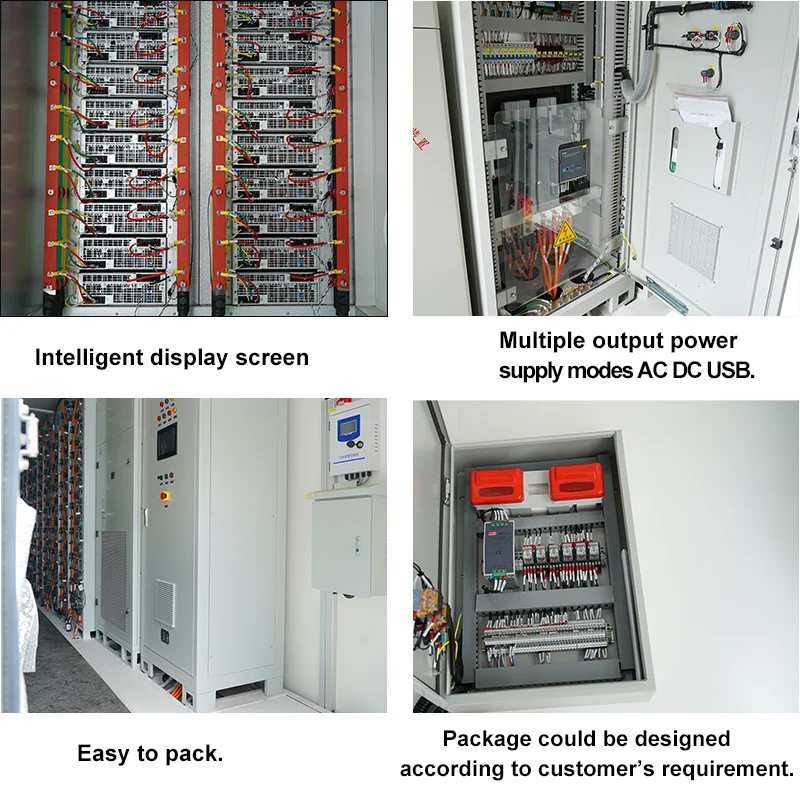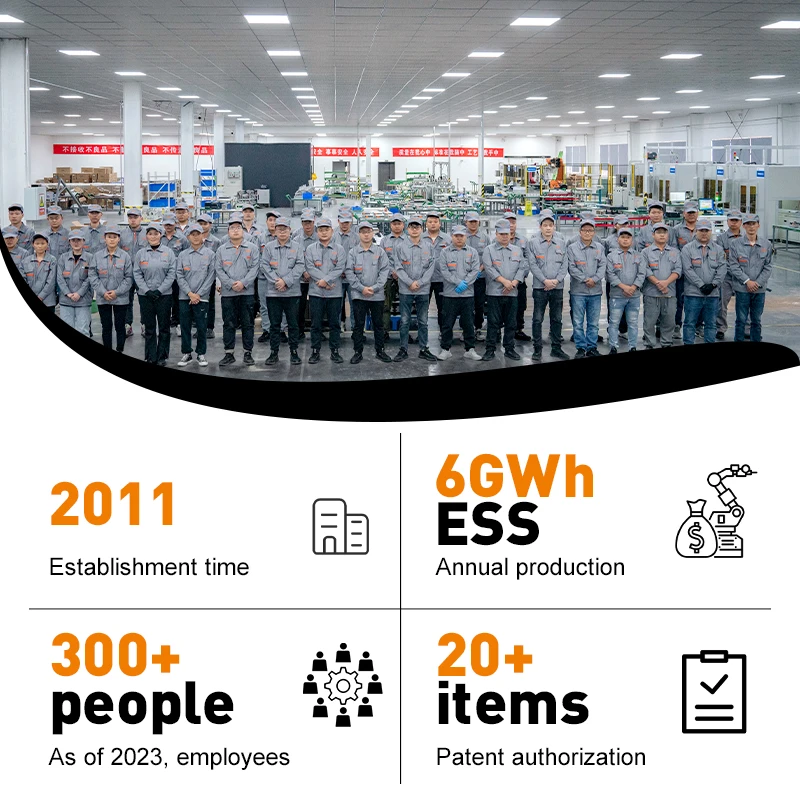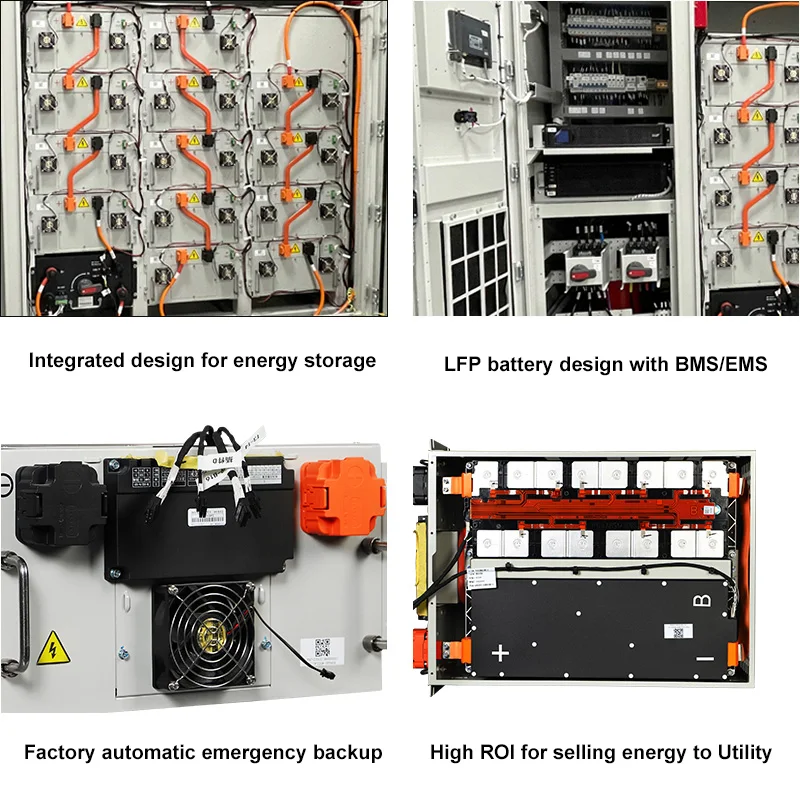- Luoyang City, Henan Province, China Overseas Educated Personnel Industrial Park, High-tech Development Zone.
- +86-18522273657
Mon - Fri: 9:00 - 19:00
Mon - Fri: 9:00 - 19:00
While batteries are critical to all the processes in our lives that keep technological things like phones, toys and other gadgets runningthey could soon also be a catalyst for cleaner energy use. An example of a special type of battery is called the lithium storage batteries, they are able to store energy acquired from sources with intermittent outputs such as solar panels and wind turbines. So let me take you to know how these batteries work and why it is crucial for us in addition of being eco-friendly.
Wind and solar power are cleaner, healthier ways to produce energy — that's why people all over the world want them. This clean energy, however, is not always available exactly when we want to use it. Solar panels for instance are only capable of generating power when the sun is at its highest point in the sky. This essentially means we could have times during the night, or on cloudy days when there would not be enough power coming in from solar panels. Lithium storage batteries are practical for this, being able to save any surplus energy we could create at 40+ degree summer days and deliver it later when you really need it that evening. Therefore, we can take help more from renewable energy resources and use less-power that is made through the use of fossils fuel which are harmful for our surroundings.

As with most things in life, lithium storage batteries have their pros and cons. They're not all bad, though — their small and light, for example. Because of this they can be installed in many different locations and easily relocated. The batteries are also highly resistant, so they can be recharged numerous times before becoming obsolete. There are at least two big downsides, though. An example would be that These Batteries could be quite costly and therefore may become less accessible to some humans. In addition, some of the battery materials are quite harmful when not disposed in an appropriate manner.

However, despite these limitations, lithium energy storage batteries remain one of the most intelligent methods to store and manage clean power. They are commonly used in homes and businesses support to provide additional power as required, or they can be even deployed in place where there is no access electricity. On these batteries, you can install electric cars and other automotive equipment that will work not on conventional hydrocarbon energy. This reduces pollution and lowers the occupational health risks of breathing possibly harmful air.

They work by storing energy through a process of a specific chemical reaction, and then when you need to use it again they release that energy. The battery has two main components which are in the middle called electrodes (or anode and cathode). It also uses a liquid with an electrolyte in it. As the battery charges, lithium ions move from the cathode to anode in very small pieces. Energy is stored into the battery via this process. When it discharges, to provide energy for us and do work the lithium ions will move back from its anode into its cathode side letting stored energies out.
Henan SEMl Technology and Science Co., Ltd. is a high-tech enterprise in the field of new energy, mainly engaged in energy storage product processing and lithium storage batteries, research and development and production of new energy charging products, as well as charging station solutions and construction investment. The annual production is 6GWH.
Our company is equipped with two automatic production lines for component components. The daily capacity is 10MWH. With 4 standard PACK production lines, daily capacity of 20MWH; It also has two system integration production lines with a daily capacity of 5MW/10MWH. Additionally our R and D engineers have impressive educational lithium storage batteries and bring deep academic knowledge and professional skills to the work.
Our R and D department is responsible for electrical design, integration and optimizing energy systems. They also design the physical structures and thermal management systems of energy storage equipment. The production team at lithium storage batteries is dedicated to increasing efficiency in production as well as the quality of products and processes.
Our lithium storage batteries of experts will develop and design energy storage solutions that will meet your requirements. We will provide detailed details of the proposed solution along with technical specifications, as well as pertinent estimates to ensure you have the most perfect energy storage solution.